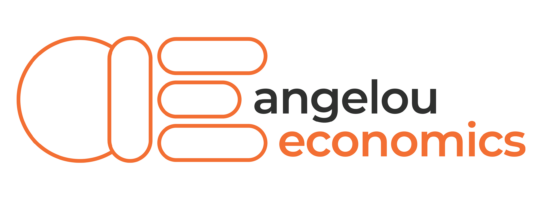The Bureau of Labor Statistics released US jobs data for July 2018 on August 3.
The jobs data in the United States was mixed and here is the summary of the July 2018 Jobs Report:
- The majority of the jobs created in July 2018 were in high-paying sectors, which includes professional and business services with 51,000 jobs, the manufacturing sector with 37,000 jobs, and healthcare and social assistance with 34,000 jobs added.
- The jobs report was lower than what economists had hoped and expected. Non-farm jobs created were added 157,000 as compared to 190,000 jobs expected. This is the lowest jobs gain since March. Consequently, the unemployment rate lowered to 3.9% in July as compared to 4.0% in June 2018.
- Revisions from May and June added 59,000 non-farm jobs.
- The labor force participation increased at 62.9% in July from its previous 62.7% in June.
- The jobs increase was the total opposite of the average weekly earnings, which decreased by $27.41, amounting to just $906.10 in July 2018 as compared to its previous $933.51 in June.
According to the Bureau of Labor Statistics, the United States economy created 157,000 non-farm jobs in July 2018, as compared with an average monthly gain of 203,000 over the prior 12 months. This data is below the 190,000 economist-predicted payroll additions. Healthcare and social assistance, professional and business services, and manufacturing were the sectors with the majority of new jobs.
The unemployment rate lowered by 0.1% to 3.9% in July. The current unemployment rate is at its lowest level in nearly 50 years. Among the major worker groups, the unemployment rate for adult men decreased to 3.4% in July. The jobless rates for adult women remained unchanged at 3.7%, teenagers went up to 13.1% from previously at 12.6%. Unemployment for Whites decreased to 3.4%, Blacks or African American rose to 6.6%, Asians’ unemployment lowered to 3.1%, and Hispanic unemployment decreased to 4.5% in July 2018.
The decrease in the unemployment rate is particularly impressive when considering that the labor participation rate increased over the same period. The labor participation rate rose to 62.9% from 62.7% month over month. Therefore, a large number of people entered the workforce to start looking for jobs, and despite the increase of people entering the workforce, the number of unemployed persons decreased.
The average workweek for all employees on private nonfarm payrolls decreased by 0.1% at 34.5 hours in July, while average weekly earnings drastically decreased by $27.41 to $906.10 in July 2018.
Overall, while there are new job additions, we will continue to monitor the unemployment rate monthly.
To read more on this, click here.
About AngelouEconomics:
AngelouEconomics has worked with numerous professional and business associations in building dozens of unique economic impact studies among other types of projects including site selection projects as well as strategic economic development projects. Some projects have examined the effects of statewide policy measures, such as the Texas Bathroom Bill or ban on Sanctuary Cities. Other projects have measured the contribution of member networks in terms of jobs, wages, and total economic output. Like this study for Prospera, a nonprofit organization which specializes in providing bilingual assistance to Hispanic entrepreneurs in Florida. Economic impact studies are effective tools for quantifying and illustrating the value of individual professional and business associations. They are versatile, as they can illustrate the value or impact of a specific policy or quantify the economic contribution of your members to the local, regional, and nationwide economies.
Want to Learn More?
If you would like to learn more send us an email at info@angeloueconomics.com














